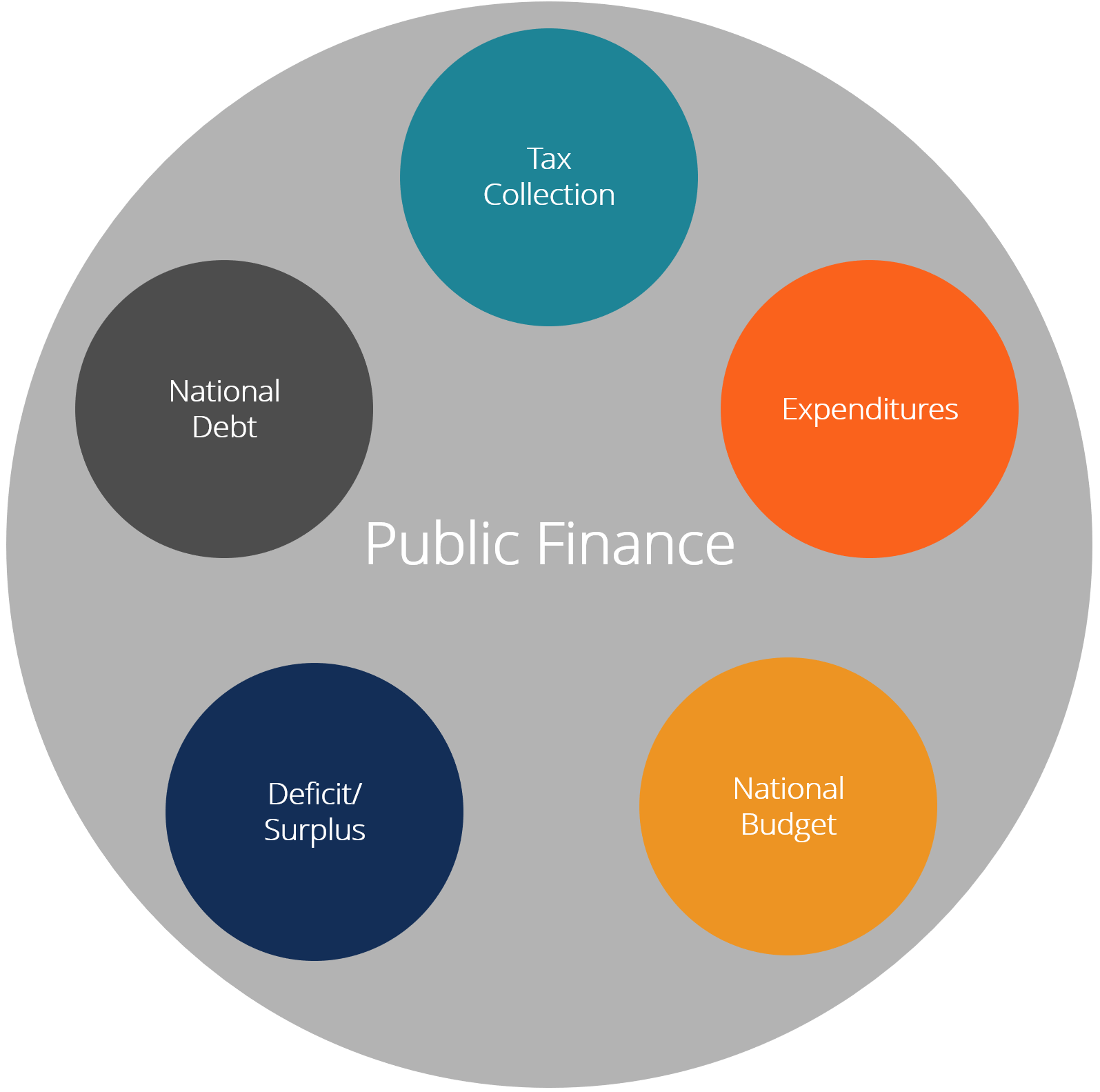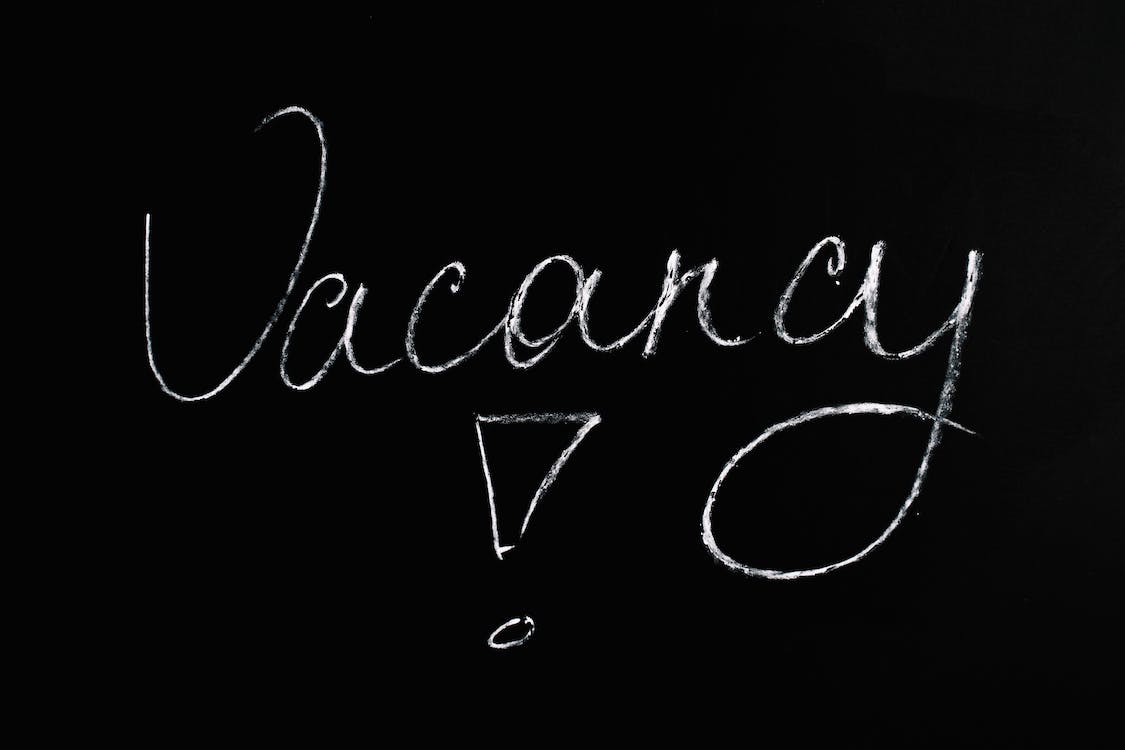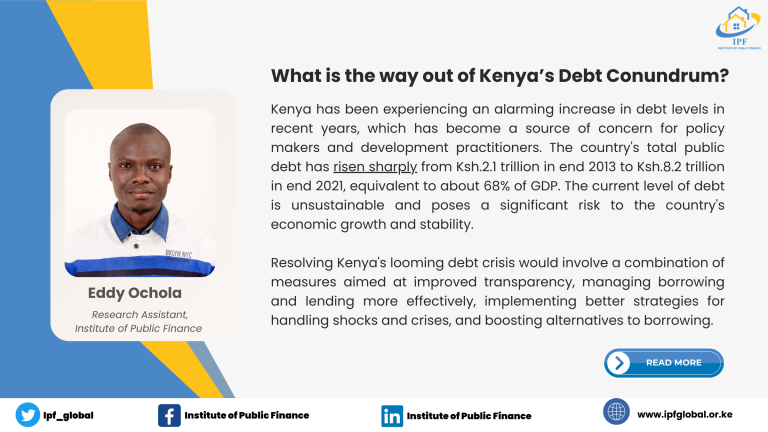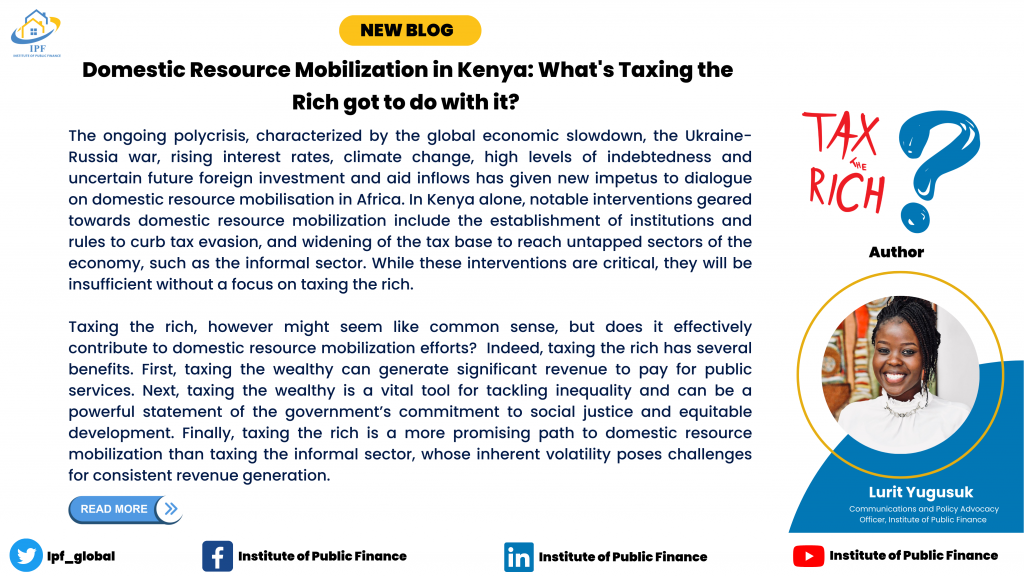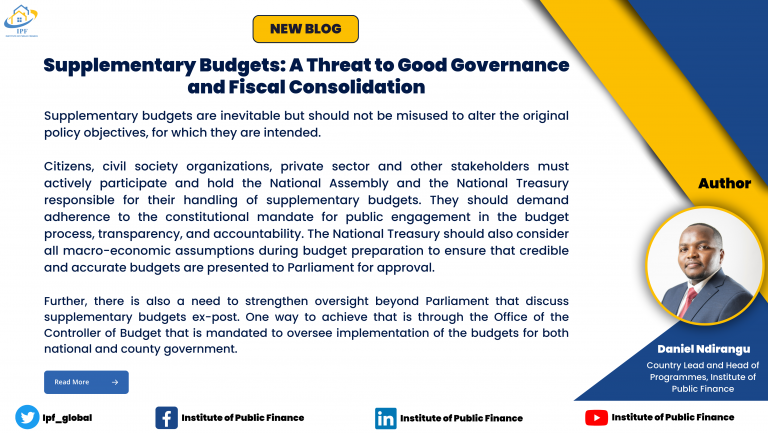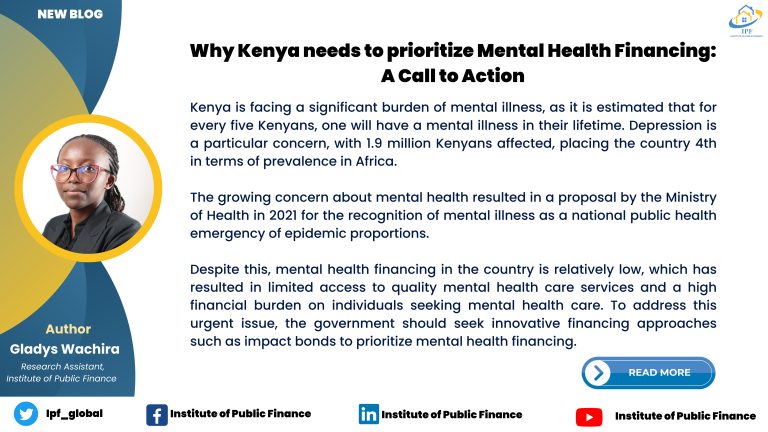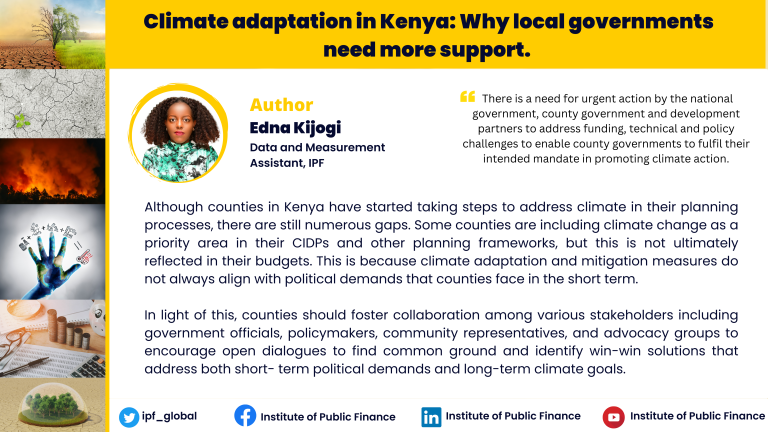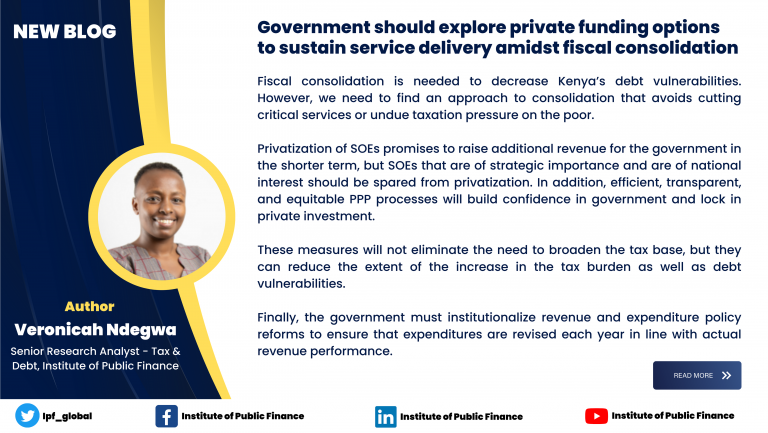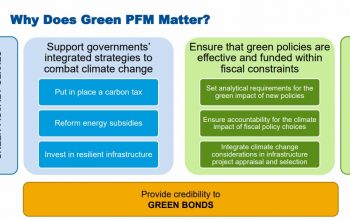
The earliest countries to experience large-scale community transmission of COVID-19, such as China, Iran, Italy and Spain, offered incontrovertible proof that the pandemic required unprecedented mobilization of health systems. Without urgent action, health systems would be – and in some cases were – overwhelmed. Few can argue that coronavirus is proving to be the greatest and least expected tragedy in living memory. By the time we are done with it and it is done with us, a lot of things will have changed.
In Kenya as in many other countries, several health tools and approaches have already been deployed to reduce transmissions. The government’s action in areas such as travel restrictions, bans on social gatherings, testing and contact tracing, healthcare surge capacity and increased provision of personal protective equipment (PPE) to health workers have all been met with some success. Nevertheless, Kenya, with 912 confirmed cases and 50 deaths as of 17 May 2020, still has the highest number of cases recorded in East Africa.
In time of emergency, lack of planning in health care systems creates its own compounding emergency. Knowing what is happening globally, the pressure that Covid-19 is exerting on health systems globally, even for progressive countries, Kenyans and Africans are right to be gravely worried. In 2001, the Abuja Declaration called for Africa governments to invest 15% of their annual budgets on health systems, but by 2017 even then though not consistently, only Rwanda, Botswana, Niger, Zambia, Malawi and Burkina Faso had reached or surpassed that target. Of even greater concern, in light of those limited accomplishments, is that the Abuja Declaration did not suggest that this funding level would be adequate to meet a country’s health needs. It simply indicated the need for governments to commit to the prioritisation of the health sector in overall national expenditure.
The government of Kenya has prepared a raft of amendments in the budget for the 2019/20 financial year, through a supplementary budget and which seeks to give financial and legal backing to the proposals announced by the president on the 25th March 2020. The supplementary budget is a standard way of addressing unforeseen expenditures that arise during the budget implementation period. Needless to say, COVID-19 more than meets the definition of an unforeseen expenditure. Perhaps the most noteworthy shift in the government’s supplementary budget was the reduction in key areas such as the Ministry of Health’s development budget (a cut of Ksh 11 billion), while increasing funding for the presidency to support the newly established Nairobi Metropolitan Services. This was done despite the Public Finance Management (PFM) Act 2012 being very clear that no new program should be introduced during a supplementary budget.
While it is difficult to understand the thinking behind budgetary decisions such as these, some moves are worth commending.
Initial allocations have been maintained for programs that will have important future impact on population control, such as the Procurement of Family Planning & Reproductive Health Commodities, and Vaccines and Immunizations, although admittedly those initial allocations were insufficient. The World Health Organisation offers a salutary reminder of how important domestic investments are when it estimates that one dose of measles vaccine can prevent approximately 10.6 future deaths, and that a single dollar invested in vaccines over a decade results in a return of 16 times the cost.
As Kenya continues its battle with COVID-19, what role must public finance play? Firstly, it is essential that the Ministry of Finance increase its budget transparency levels and tell Kenyans what reallocations are being made from both domestic and donor-funded programs. Prominent among the donors upon which Kenya relies on for health budget support is the Global Alliance for Vaccine Initiative (GAVI) which is helping to adapt routine immunisation programmes so they can continue during the pandemic without the risk of spreading COVID-19, thereby protecting populations from the risk of other disease outbreaks.
Secondly, as we have come to learn Kenya is still very unprepared in dealing with emergencies, and while we commend the government on its response to pandemic, we should be concerned by the levels of transparency around the expenditure during this period. Owing to the ambiguity of our national accounting systems, there is still no clarity on how much money Kenya is spending in this battle; understandably, this increases mistrust between our state and the citizens.
The government’s mysterious silence over the functioning of the constitutionally provided contingency fund that should have a permanent capital base of Ksh 10 billion is a source of great concern and Parliament should step up and demand more transparency through monthly disclosure of expenditure by state departments on their public-facing websites, as an essential democratic complement to the Controller of Budget’s quarterly implementation reports.
Thirdly, the Kenya supplementary program-based budget is still a long way from aligning with best practice with regards to public participation, and this must be addressed. The National Treasury practice has traditionally been to ignore public input during the supplementary budget, and leaves Parliament very limited time in engaging with citizens on the same. We urge the National Treasury to remove this veil of opacity during the preparation of supplementary budgets.
COVID-19 has shown us much: the fragility of human life and the limitations of our man-made systems in the face of a virus, but also the resilience, courage and dedication of so many individuals and organisations in facing this pandemic. We have seen, in Kenya and around the world, that domestic investment in health care systems cannot be overlooked or given short shrift. Financing our hospitals, our clinics and our prevention programmes is every bit as important as investing in mega projects. Without a healthy population to use and maintain them mega projects are valueless: monuments only to the hubris of those who commissioned them.
We have also seen that a country’s dependency on donors for health sector support is not only a weakness, but a grave lack of foresight by those who have been entrusted by millions of people to make the most important and far-reaching decisions on their behalf. COVID-19 has shown us that when donor countries are as overwhelmed by the pandemic as we are, they cannot respond as fast as recipient countries that depend on their philanthropy would like. This reality demands a long, sober and searching review of our priorities as a nation. Relying on external funders rather than Kenyan taxpayers to fund the nation’s healthcare is not merely a matter of poor public finance management. In times of pandemic, we see that it is literally a matter of life or death.
James Muraguri CEO, Institute of Public Finance, Kenya, & an Atlantic Fellow for Social and Economic Equity. @jkmuraguri
 Français
Français 



